Nile Basin Countries Fail to Sign River Treaty Again
Egypt and Sudan have rejected the proposed Nile Basin agreement as it stands, while the other seven members vow to press on.
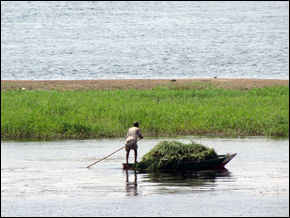
A majority of the Nile basin nations have resolved to move forward on a regional water usage treaty without the support of Egypt and Sudan, the East African reports.
After last month’s negotiations failed to make progress on the accord, seven of the nine countries–Burundi, the Democratic Republic of the Congo, Ethiopia, Kenya, Rwanda, Tanzania and Uganda–agreed to establish a one-year window to sign the current treaty starting May 14, according to the Nile Basin Initiative (NBI). Meanwhile Egypt and Sudan would like to form a Nile commission to continue discussing the details of the agreement.
NBI was formed in 1999 to increase dialogue among the basin countries to cooperatively develop the river. One of the primary goals of the organization was to sign a treaty by 2009 that would create a permanent Nile Basin Commission with legal authority to control the development and allocation of the river and enforce its decisions.
In breaking off negotiations, the seven countries risk creating a powerless body, some local leaders argue. A commission formed without two of the most powerful countries in the basin would be a hollow institution that’s less effective than the current system, Tanzanian Water Affairs Minister Mark Mwandosya told the East African.
The treaty, called the Cooperative Framework Agreement, was supposed to be signed in July, but disagreements over the wording and scope of the document caused delays–one point of contention in the CFA is Article 14(b), which addresses water security. Egypt and Sudan want the article’s language changed to protect their historic rights.
“Egypt’s share of the Nile’s water is a historic right that Egypt has defended throughout its history,” Mohammed Allam, minister of water resources and irrigation, told parliament, according to AFP. “Egypt reserves the right to take whatever course it sees suitable to safeguard its share.”
Yet the raison d’être for the Nile Basin Initiative is to redress historical inequities in the Nile’s allocation.
The current water-sharing formula is based on a treaty signed by Egypt and Sudan in 1959 that split the water between the two. Under that treaty, which assumed an annual water flow of 84 billion cubic meters, Egypt receives 55.5 BCM and Sudan 18.5 BCM, with the remainder chalked up as evaporative loss.
Countries along the upper reaches of the river want to use more of the water for irrigation and hydroelectric development. These projects often need to secure external funding, but the World Bank–a main donor to the NBI–will not sign off on loans unless Egypt agrees, the Guardian reports.
And current political problems with allocations may get even trickier.
A new commission will have to deal with the prospect of an independent South Sudan after its 2011 referendum. The creation of a new country will add another development interest upstream of the two downstream powers.
Source: East African, AFP, Guardian
Brett writes about agriculture, energy, infrastructure, and the politics and economics of water in the United States. He also writes the Federal Water Tap, Circle of Blue’s weekly digest of U.S. government water news. He is the winner of two Society of Environmental Journalists reporting awards, one of the top honors in American environmental journalism: first place for explanatory reporting for a series on septic system pollution in the United States(2016) and third place for beat reporting in a small market (2014). He received the Sierra Club’s Distinguished Service Award in 2018. Brett lives in Seattle, where he hikes the mountains and bakes pies. Contact Brett Walton


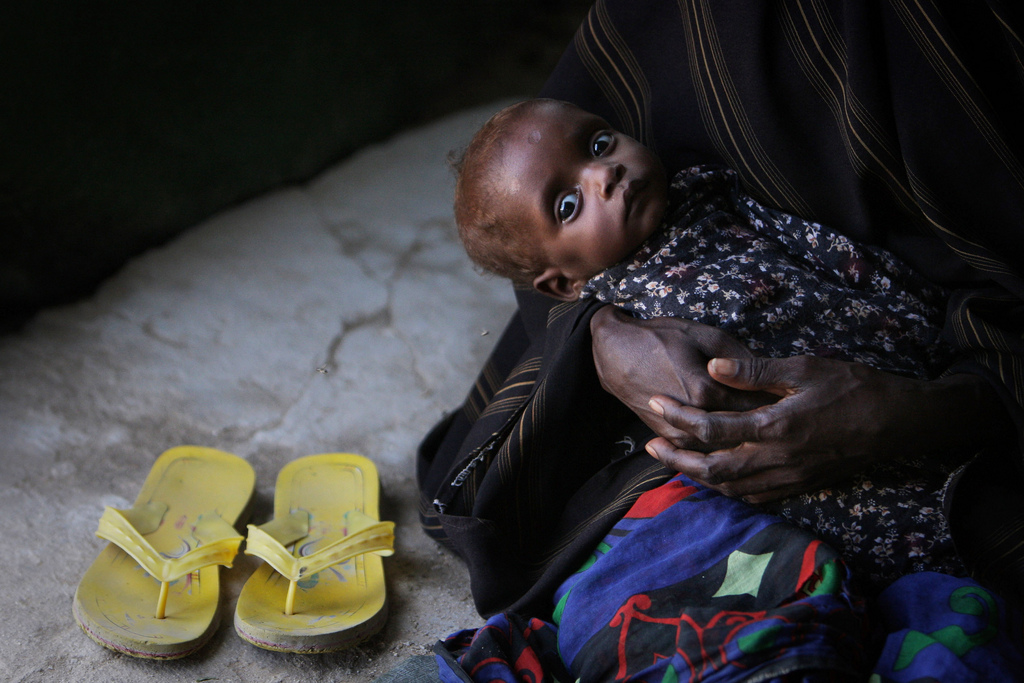

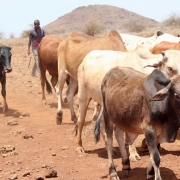
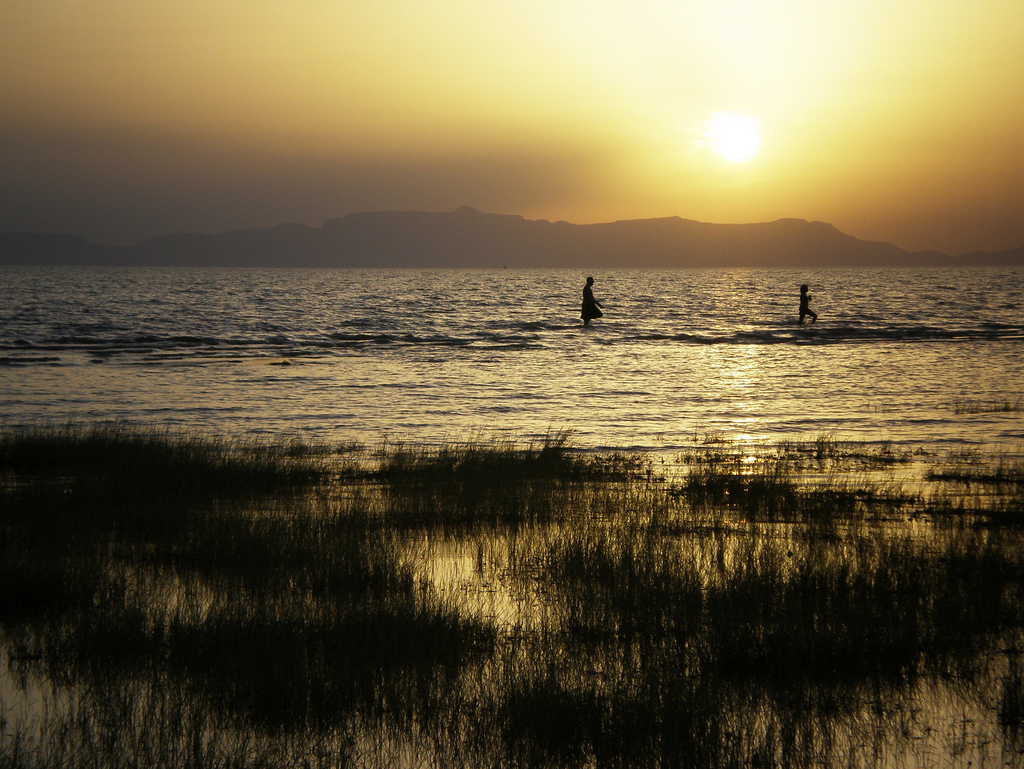


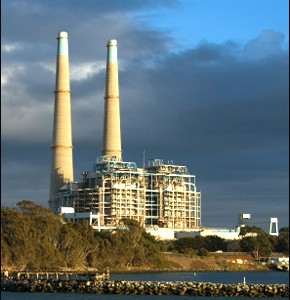
Plz accept my frustrations as an African that we are still victims of colonial legacy
When was “Great Britain” a representative o f Burundi, DRC,Eretria, Ethiopia,Kenya, Tanzania and Uganda?Possibly some people still believe that history is stagnant and independence is insignificant. By the way is it still the “workshop of the world”?
Gone are the days of”George Orwerian world”-where some people are more equal than others.
River Nile is 4 us all
Brown in Kigali.
River Nile has got the power that unites DRC,Rwanda,Burundi,Ethiopia,Tanzania,Uganda,Eritrea,Kenya,Sudan,and Egypt.
refusing to sign the river treaty is a big loss of power for all the countries that has got something to do with Nile(political power,cultural power,historical power,economical power,….)it is a good opportunity for Egypt and Sudan to make allies with these other country which i think they will benefit more than the others,it is also an opportunity for the East African counties to view all the points that they have in common and to build powers from those points.I’m telling you there is huge power and ability to the development that comes out of River Nile not magically but naturally.If you want to know what a river gas to do with development try to learn the history of European rivers and how those rivers contributed to the development and unity of Europe.why can’t we learn from their achievement instead of expecting their aid forever.This is the opportunity for us don’t allow any one to take it away from us.GOD said.
NBI was formed in 1999 to increase dialogue among the basin countries to cooperatively develop the river. “Egypt’s share of the Nile’s water is a historic right that Egypt has defended throughout its history,” Mohammed Allam, minister of water resources and irrigation
________________
peterscott
The signing of the Cooperative Framework Agreement by five Nile Basins states is a very interesting development, though, whether the agreement will survive Egypt’s ire is unclear. I just posted a two-part editorial on my International Water Law Project blog commenting on the new agreement: http://www.internationalwaterlaw.org/blog/?p=268 and http://www.internationalwaterlaw.org/blog/?p=271. I also include the text of the CFA.
I wanna know why the Ethiopians are crying? They have, thanks to colonial powers, colonized the region of Somali, Oromia, and Afar, and they say this treaty also made by colonial powers is invalid—that means that the Somalis, Oromos, and Afars in Ethiopia have a right to secede and the Somali region of Kenya as well. These were colonial borders, and this is a colonial treaty. There should be exchange for these regions for water of the Nile, for at least Kenya and Ethiopia.